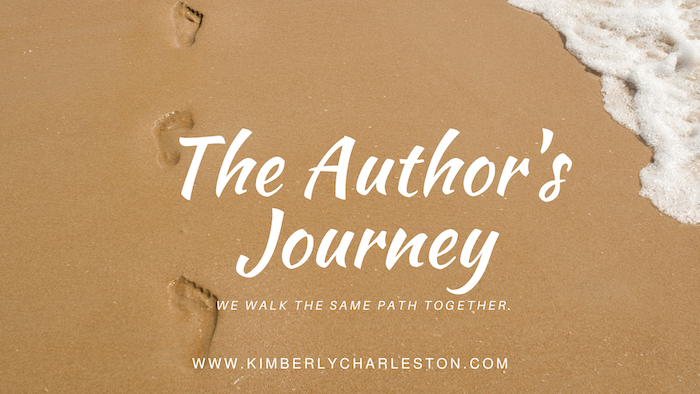Often authors, writers, aspiring authors, journalists, and those who journal, struggle with finding time. For many it seems like a luxury to do so, or a guilty pleasure.
Many people believe the writing life is a combination of taking naps and nature walks for inspiration, then opening a laptop at a favorite café and instantly the writing flows. Maybe for some. But I have yet to meet an author where that is the case. Most, like me, grab a moment here and there and then soon find that interrupted with family, friends, calls, business, pets, and personal setbacks, not to mention wandering mind and social media distractions.
I’m not complaining. I’m very fortunate to be on this path, but it’s a challenge.
When I find the time to write, I do it. Because excuses and interruptions are manageable. It’s a matter of priority. Whether you’re writing for fun, for profit, or starting your journey into writing, how do you carve out the time? How do you shut out distractions and stick to your writing goals? And how can you push past the idea that writing is a guilty pleasure and that your time for writing is important and sacred?
To answer these questions, I’ve reached out to the experts and here’s what they have to say…
“Write when you can (and start where you are). The best writing advice I ever got was to blend writing into your life. Always have a writing device with you: a phone, a notebook, a piece of paper on the bedside table. Fit in it: during the commute, sitting in the car, waiting at the doctor’s office. Make it blend seamlessly—sort of: email yourself, dictate, or use a tool like Dropbox, etc., and then dump every bit of writing into one file (to organize later). This is how first drafts are made.” – Anna DePalo, USA Today best-selling author of witty romantic contemporaries.
“Structure and dedication. I dedicate time in the mornings and evenings to write. During that time, I write, re-write, and read, so I’m doing something constructive that is helping me create. I can’t force the creative writing, so sometimes need to do maintenance writing, but as long as I’m writing, it counts!” ~ Erin Carrougher author of the Augland Series.
“I write my goals down on a little “goal card” and carry it around with me. It’s not a to-do list. It’s a little card that has my goal on it – one goal per card – and I’ll keep it in my pocket until it’s done. Once the goal is achieved, I fold up the card and place it in a victory jar. This also helps to serve as a visual reminder of all recent triumphs and keeps me motivated.” ~ Rich Perry, Business Communication Strategist
“I like to write on the weekends so I can sit in my favorite coffee shop — I always get the most inspiration there. If I’m writing on weekdays, it’s usually for an hour or so after work.” ~ Sierra Isley, young adult author of In the Ring
“Mother Teresa believed she was a pencil in God’s Hand. I believe every writer is an instrument of God whether they realize it or not. We have an important message that the Holy Spirit wants us to communicate with the world. To communicate that message, we need to prioritize our writing. Blocking out certain hours each week for me has been very fruitful. Putting my phone in another room, and writing in the quiet hours of the morning allows my mind and heart to communicate truths with clarity. Wring is not just a hobby, but a passion, something that makes me become fully alive because I am allowing the Holy Spirit to breathe His words into me.” ~ Patrick O’Hearn, author of six books and counting.
There you have it. Writing matters. Whether ten minutes or two hours, the daily habit of writing is integral for polishing your abilities and building your craft (not to mention completing it).
Writers and readers, how do you make the time for your important creative endeavors? Share below.
